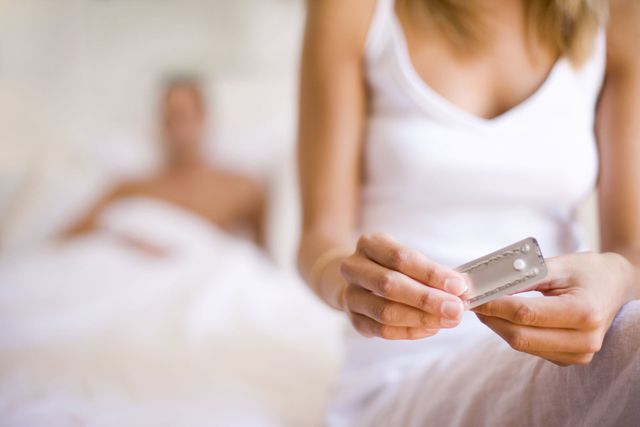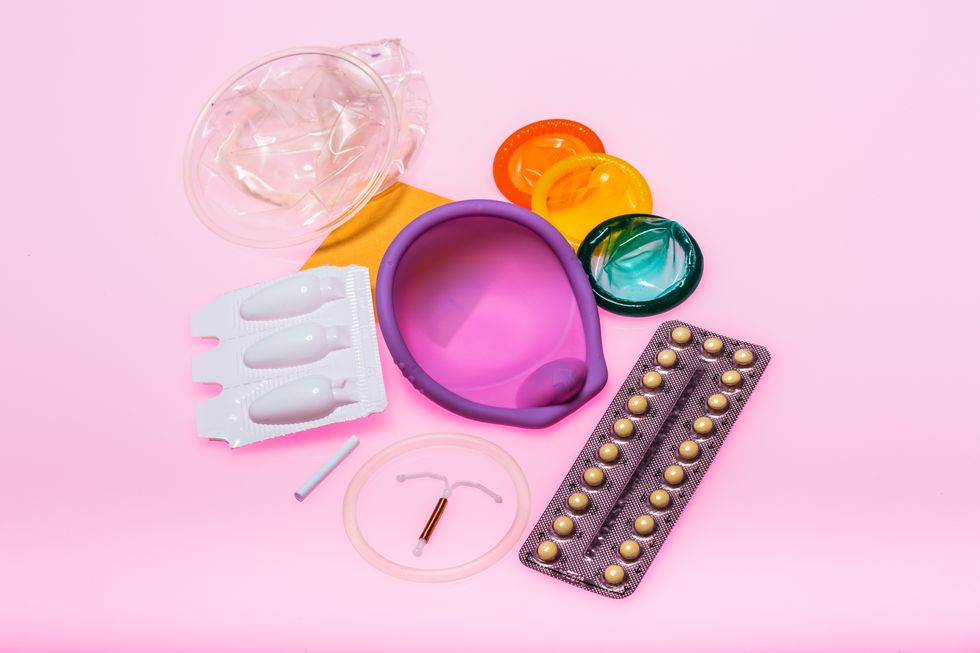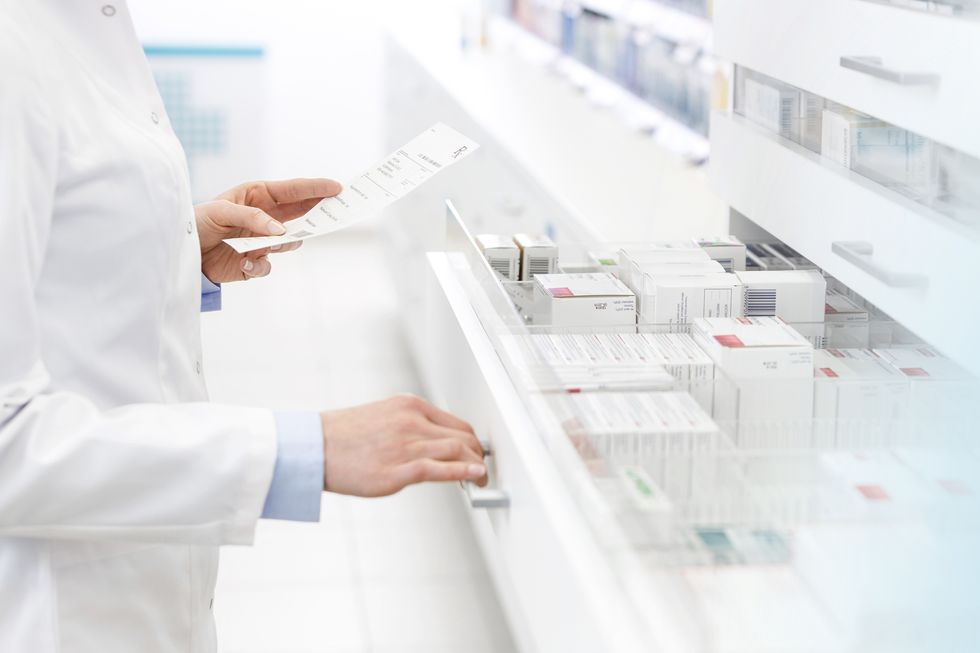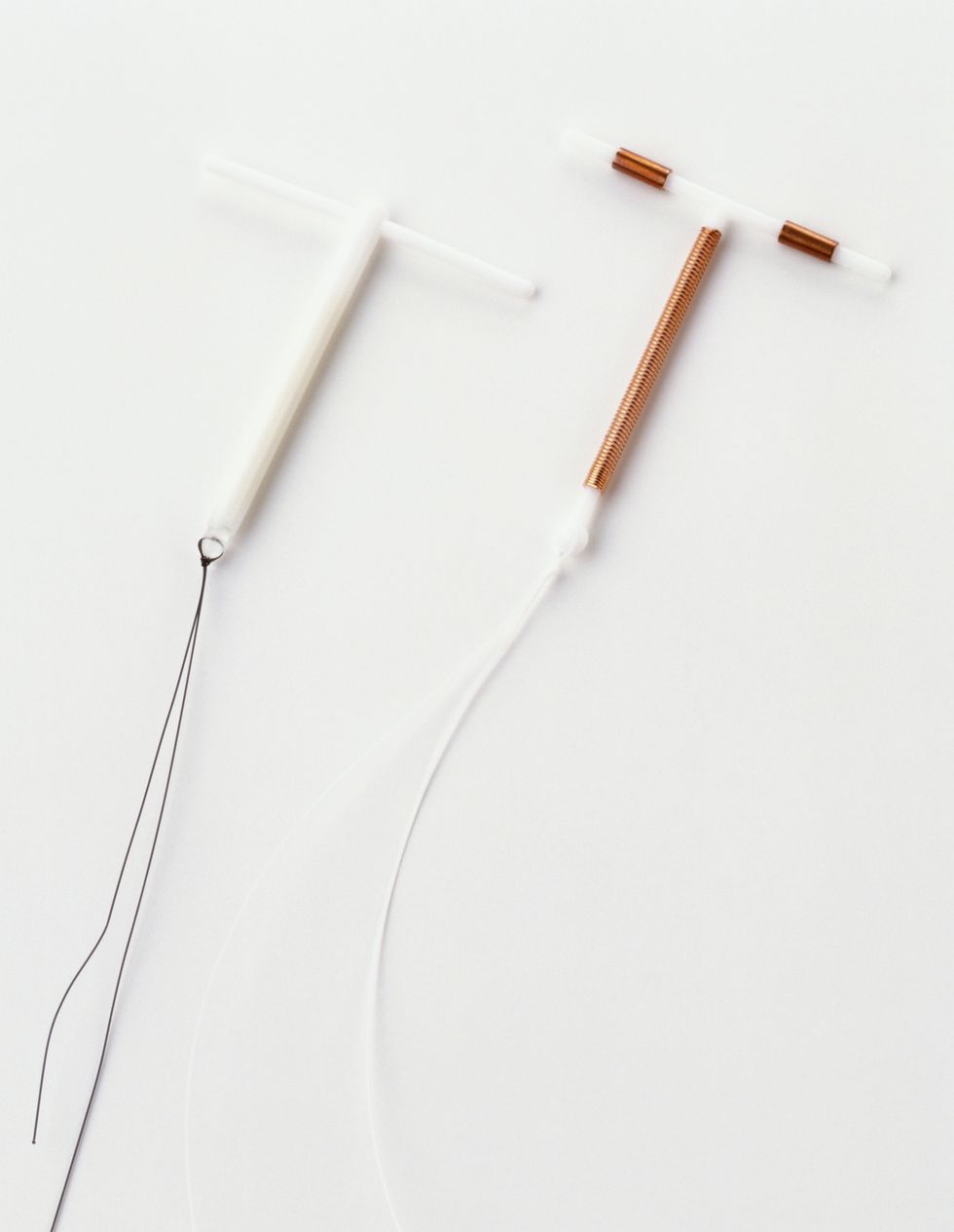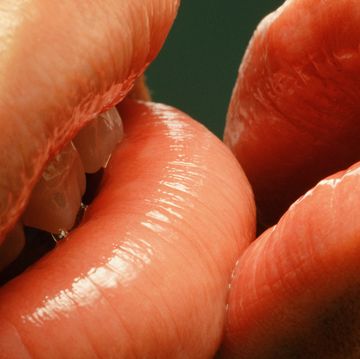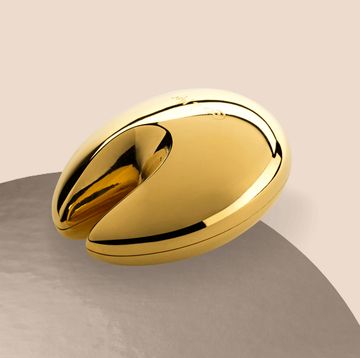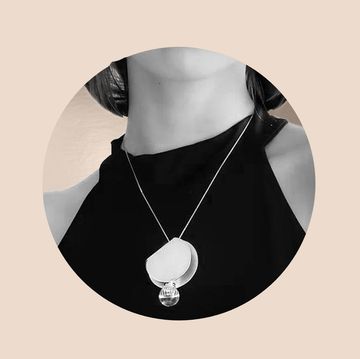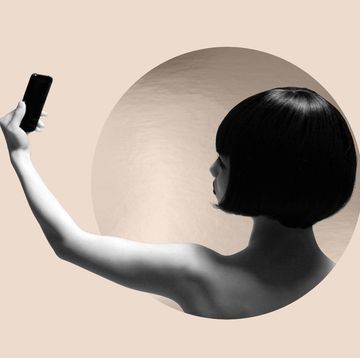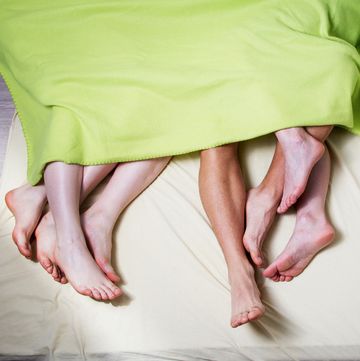While most sexually active women who don't want to have a baby can use a regular method of contraception and have no dramas, unfortunately, as we all well know, tricky circumstances can still arise.
People get carried away, barrier methods can break and so on and so forth.
Emergency contraception was first made available to women in the UK in 1984 in the form of the morning after pill. While no method of emergency contraception is 100% effective, a 2010 study found that only 1.3% women who took the morning after pill following unprotected sex fell pregnant. The rest were fine.
However, emergency hormonal contraception (EHC) can be a bit of a minefield, especially if you've woken up in a panicked state, frantically aware of the need to head to a pharmacy. With so many questions and many too shy to ask them of a professional, we've taken stock of the most pressing. Read below for all the most vital information.
The Morning After Pill
How to take it
The morning after pill is just one pill. There are two types: ellaOne (medical name: ulipristal acetate) and levonorgestrel containing pills like Levonelle. For either of these to have maximum effect, they should be taken as soon as possible after having unprotected sex.
"Both pills work by preventing or delaying ovulation and must therefore be taken as soon as possible as they are not effective if ovulation has already taken place, so the sooner the better," pharmacists Deborah Evans explains.
However, if this is not possible, they can be taken up to a few days later, depending on the type of pill. EllaOne can be taken up to five days after unprotected sex and levonorgestrel can be taken up to three days after. EllaOne is slightly more effective.
Can anyone take them?
Both pills are mostly suitable for everyone, but there are a few exceptions.
"There are a few things to watch out for," Karin O'Sullivan, clinical lead at sexual health charity the FPA explains. "With levonorgestrel pills, if you weigh more than 70kg or have a BMI higher than 26, or if you're taking certain medicines then you might need a higher dose. A health professional can advise you about this.
"With ulipristal acetate pills (UPA) you may be recommended another option if you have very severe asthma or you take certain medicines. If you're breastfeeding and use UPA you need to avoid breastfeeding for a week afterwards (expressing and discarding your milk). And if you've used hormonal contraception in the week before taking UPA this might make it less effective."
Are there side effects?
Yes there can be, but not all women will experience them, just like with the contraceptive pill.
The most common are headaches, tummy aches, irregular menstrual bleeding, tiredness and feeling sick. If you are actually sick within three hours of taking the morning after pill, you'll need to head back to the pharmacy and get another one as it might not have been absorbed by your body.
As for irregular bleeding, Deborah says: "Women sometimes experience delayed periods and if this happens, you should take a pregnancy test or speak to a healthcare professional. "
Speak to your GP or a nurse if you are concerned about any side effects.
Where can you get it?
You can get the morning after pill for free at your GP practice - as long as they provide contraception services - contraception clinics, sexual health clinics, young person's services and Brook clinics and in some GUM (genitourinary medicine) clinics.
You can also get them at some NHS walk-ins and minor injury clinics.
The morning after pill is also available at most pharmacies, like Boots, Lloyds and Superdrug for example, but it costs. You can also order it online from the pharmacies' websites.
How much does the morning after pill cost?
It varies from pharmacy to pharmacy, this has got all the more confusing recently as some have lowered the cost from what was the standard £25-£30 mark.
In June, Superdrug halved the price of one brand to £13.49, Tesco also offers one at £13.50.
Boots was recently embroiled in a row after publicly refusing to lower the price, leading some MPs and campaigners to publicly demand they do so. Last week, Boots changed their mind and said they would be introducing a less expensive morning after pill which would cost £15.99.
The issue remains a point of contention, with a spokeswoman for BPAS telling ELLE: "Ideally, all women would be able to obtain EHC free of charge through an NHS funded service at their local pharmacy, but that doesn't appear to be on the cards at the moment.
"In the meantime, we are pleased so many pharmacies have now lowered the price. However, it still costs women in this country considerably more than our counterparts in many other countries. In France, the equivalent medication is just 7 Euros. We hope that pharmacies will continue to look at the price, and work to provide women with as affordable a product as possible."
What is involved in the consultation with a pharmacist?
In order to prescribe the right medication, the pharmacist normally asks you some questions. Usually, women are asked the date of their last period, how long their cycle is, what contraception they normally use and when they last had unprotected sex.
O'Sullivan explains: "These questions aren't intended to be intrusive, judgemental or distressing - the main aim is to find out where you are in your menstrual cycle and how great the risk is that you might have ovulated recently."
Normally, these consultations are fine and professional, however, the content of what is asked is not set by anyone so some women have been asked considerably different questions. BPAS tells ELLE: "While pharmacists can provide customers with valuable advice, women have told BPAS that they have been asked about their relationship status and been quizzed about their sex lives on the shop floor. This can be incredibly embarrassing and put women off accessing emergency contraception.
"There is no clinical need for the consultation... In many other European countries, America and Canada, women are able to buy emergency contraception without consultation. Women in the UK should be trusted to do the same."
The morning after pill is not the only method of emergency contraception
Did you know you can also get the copper coil (IUD) fitted as a measure of protection against pregnancy after having unprotected sex?
The Coil
How does that work?
According to the NHS, the IUD is actually more effective at preventing pregnancy than the morning after pill. They are more than 99% effective, so roughly 1 in 1000 women will become pregnant after having one fitted.
If you've had unprotected sex, you can get it put in up to five days afterwards or it can be fitted within five days of the earliest time you could have ovulated (released an egg). The coil has to be fitted by a trained doctor or nurse and the process can feel uncomfortable for some.
Made of copper and plastic, the coil stops an egg from implanting in your womb or being fertilised. The copper also stops sperm from surviving.
What happens to the coil after?
It's up to you. The FPA say you can keep the IUD as your regular method of contraception if you want. They are largely considered one of most effective types of long-term contraception, they can normally stay in for around five years.
"If you want to go back to using your usual contraception, speak to a doctor or nurse about having the IUD removed. This is usually done during your next period," O'Sullivan says.
Where can you get the emergency coil put in?
You can get the IUD from contraception clinics, young person's clinics, some GPs and some sexual health clinics. Check with your GP or clinic if they offer the IUD and when they're open so you know what to do if needed.
"If you need emergency contraception it's always better to act quickly, so go to your most convenient clinic, surgery or pharmacy as soon as you can to find out what your options are," O'Sullivan advises. "They may sometimes suggest that you take a pill there and then and then have an IUD fitted later – this is perfectly fine to do."
Myths
Emergency contraception, unfortunately, has some myths associated with it.
One of those is that taking the morning after pill will make it harder to become pregnant in the future . This is not true.
"There is no evidence to suggest this and it has no known effect on fertility," Evans says. "It will not protect you from possible pregnancy if you have unprotected sex again several days after taking it."
And another thing to be absolutely clear on: it does not cause a 'mini abortion' or 'emergency period'.
"It works by delaying or inhibiting egg release. This means the sperm waiting int he fallopian tubes will be unable to meet an egg and fertilise it," Evans says.
For even more information on EHC, visit the FPA's website.

